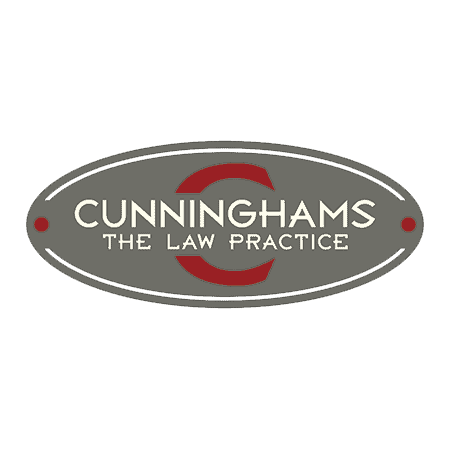Fraud offences can have severe consequences. They encompass a wide range of dishonest acts, like deception, forgery, and misrepresentation, committed to obtain an unfair advantage or financial gain. Cunninghams – The Law Practice has a deep understanding of Australian fraud law and has the expertise and experience to defend your rights and ensure the best possible outcome.
Comprehensive Legal Expertise

Cunninghams’ team of legal experts have an impressive track record in defending clients accused of fraud offences. They provide tailored solutions for each case. From minor fraud offences allegations to complex white-collar crimes, Cunninghams leaves no stone unturned to ensure the best results for their clients.
Investigation and Evidence
In fraud cases, evidence is often the cornerstone of the prosecution’s argument. Cunninghams – The Law Practice, with its vast experience, knows how to dissect evidence, spot inconsistencies, and challenge the credibility of witnesses. They investigate the smallest detail when building a solid defence strategy.
Negotiation and Settlement
Cunninghams is not only adept at taking cases to court but also skilled in negotiating settlements outside the courtroom. They strive to protect their clients’ interests, whether it means fighting aggressively in court or seeking an amicable resolution that saves time and money.
Types of Fraud Offences
- Credit Card Fraud: Credit card fraud involves unauthorised use of another person’s credit card or credit card information to make purchases or withdraw cash without the cardholder’s consent.
- Identity Theft: Identity theft is the act of stealing another person’s personal information, such as their name, or bank details, to engage in fraudulent activities, including opening accounts or making purchases in their name.
- Online and Cyber Fraud: This category includes a range of fraudulent activities conducted online, such as phishing scams, email scams, online auction fraud, and other internet-based deceptions aimed at financial gain.
- Insurance Fraud: Individuals or entities commit insurance fraud by intentionally providing false information or exaggerating claims to receive insurance payouts they are not entitled to.
- Mortgage and Real Estate Fraud: Mortgage and real estate fraud involve deceptive practices related to property transactions, including fraudulent loan applications, property valuation manipulation, and misrepresentation of property conditions.
- Bank Fraud: Bank fraud covers various fraudulent activities involving banks and financial institutions, including check fraud, account fraud, and fraudulent loan applications.
- Investment Fraud: Investment fraud includes scams where individuals or entities deceive investors by promising high returns or making false claims about investment opportunities, ultimately resulting in financial losses for the victims.
- Superannuation Fraud: Superannuation fraud pertains to the unlawful accessing or manipulation of superannuation funds, which are retirement savings accounts, often through identity theft or fraudulent withdrawals.
- Healthcare Fraud: Healthcare fraud involves deceitful practices in the healthcare industry, such as billing for services not rendered, submitting false insurance claims, or selling counterfeit medications.
- Welfare Fraud: Welfare fraud encompasses fraudulent activities related to government assistance programs, such as providing false information to obtain benefits or failing to report changes in income or circumstances.
- Forgery: Forgery involves creating or altering documents, signatures, or instruments with the intent to deceive, often for financial gain, such as forging checks or legal documents.
- Tax Fraud: Tax fraud includes activities where individuals or businesses intentionally evade taxes through fraudulent reporting, underreporting income, or claiming false deductions.
- Charity Fraud: Perpetrators of charity fraud deceive individuals by posing as charitable organisations or using deceptive tactics to misappropriate donations meant for legitimate charitable causes.
- Employee Fraud: Employee fraud occurs when individuals within an organisation engage in fraudulent activities, such as embezzlement, expense account manipulation, or theft of company assets.
Each type of fraud is associated with distinct legal consequences, and individuals accused of committing fraud may face criminal charges, fines, and imprisonment if found guilty. If you are facing fraud-related allegations, it is essential you speak to a trusted legal advisor,
Contact the Experts

Our dedicated team at Cunninghams‘ take a client-first approach. They understand that each client’s situation is unique, and they tailor their legal strategies accordingly. The team ensures open communication, keeping clients informed every step of the way. This transparency fosters trust and reassurance during challenging times. Email or call them on (02) 6332 9591, to book a no obligation consultation to discuss your case.
